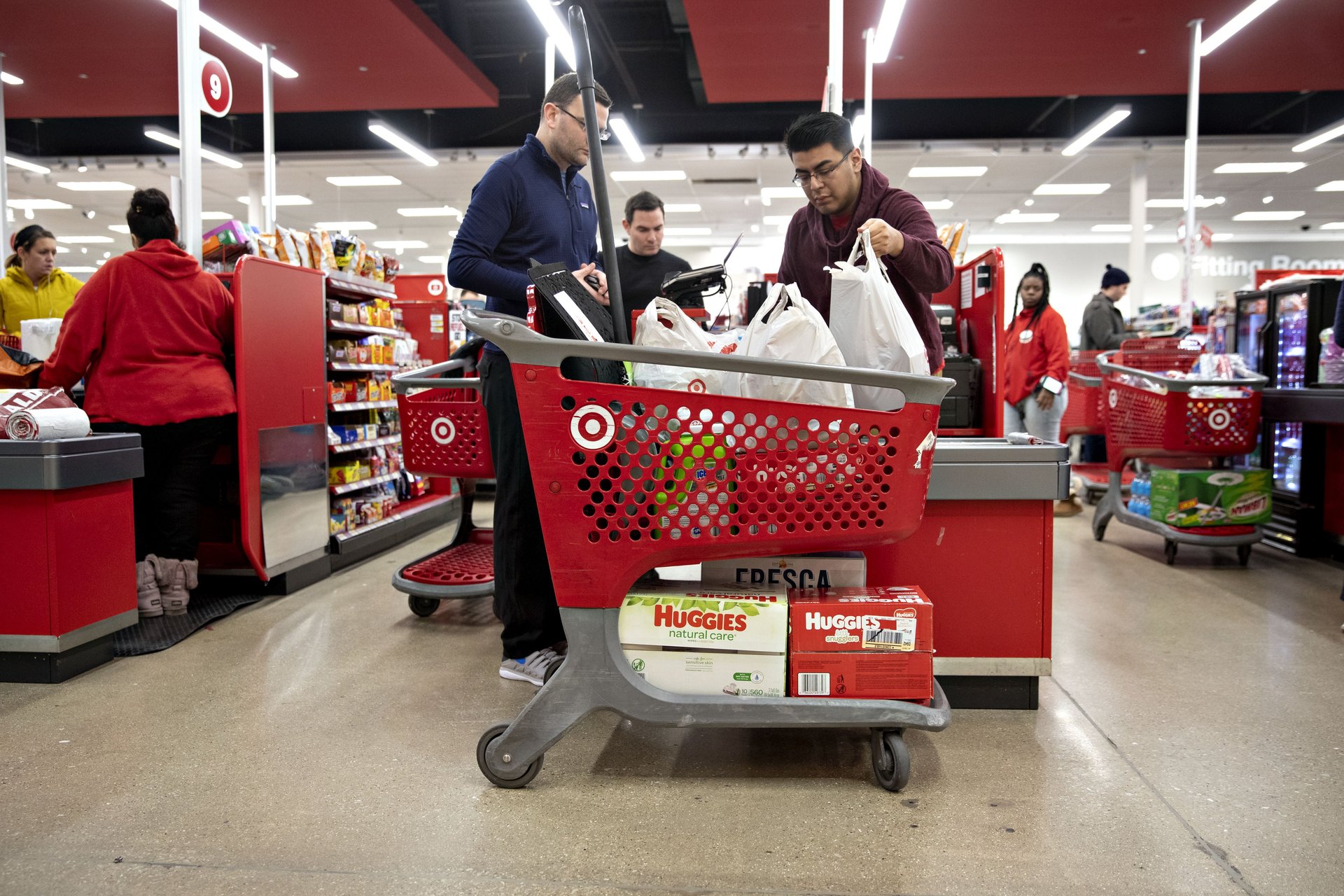Self-checkout could be curbed under a new California bill
Retailers like Target, Walmart, and Dollar General have all already made changes to their standalone kiosk operations

California could be the case study that changes how retailers use self-checkout.
Suggested Reading
Senate Bill 1446, introduced by Sen. Lola Smallwood-Cuevas earlier this year, would require that at least one employee is available to monitor two self-checkout stations. That one employee would need to be “relieved of all other duties,” the filing said.
Related Content
According to Sen. Smallwood-Cuevas, restricting the use of the standalone kiosks will reduce theft.
“Self-checkout machines cause about 16 times more loss than cashier checkout stands with a $10 billion annual loss attributed to the machines,” the senator told KTVU.
The senator also said that by restricting the use of self-checkout registers, jobs will be saved and employees will be less inundated with multiple tasks, noting that “lone workers have become easy targets of theft and violence.”
“They’re too often forced to stock merchandise, operate checkout, cater to customers, all while trying to monitor their stores for retail theft,” Smallwood-Cuevas told the TV station.
The proposed legislation also comes at a time when big-box retailers, such as Target, Walmart, and Dollar General, move to limit the operation of their standalone registers.
In March, Target launched “Express Self Checkout,” its way of saying customers could only use the standalone registers if they had 10 items or less. That same month, Dollar General said it would yank its self-checkout kiosks from 300 of its stores with the highest levels of theft.
Walmart spokesperson told Quartz in March that from time-to-time the retailer will adjust the use of its staffed checkouts and self-checkouts.
“A store might start or end the day with staffed checkouts as the number of shoppers and associate staffing increases,” the spokesperson said.